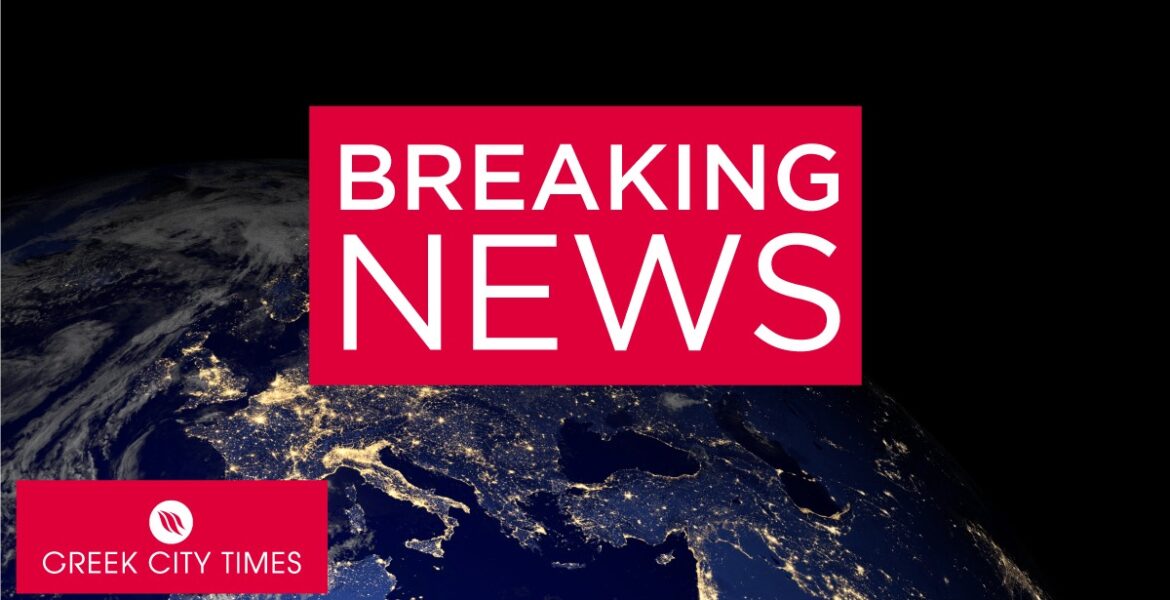Russian forces have captured the Chernobyl nuclear power plant.
As Walla News editor Guy Elster wrote on Twitter, this is "more than 35 years after its corruption and negation led to the worst nuclear disaster in [sic] history."
"We are living in unbelievable times," he added.
#Russia's took #Chernobyl power plant, more than 35 years after its corruption and negation led to the worst nuclear disaster in the history. We are living in unbelievable times https://t.co/A2LdPVTFSv pic.twitter.com/bKax6Mrg0O
— Guy Elster (@guyelster) February 24, 2022
Earlier today, Ukrainian President Volodymyr Zelenskyy tweeted that Russian forces were trying to seize the plant and the Chernobyl Exclusion Zone, the area around the plant left radioactive after the 1986 disaster.
A few minutes later, the country's ambassador to the United States, Oksana Markarova, told a Washington news conference "they also made an attempt to steal the Chernobyl nuclear power station, and the fight is going right there."
There have been fears for weeks that if Russia did invade Ukraine, the Chernobyl exclusion zone could be one path for Russian forces to attack Kiev.
Roughly 95 kilometres north-northwest of Kiev, the ruins of the exploded Chernobyl Reactor No. 4 are still considered highly dangerous, with massive quantities of contaminated material inside a giant metal sarcophagus.
The long-term impact of the reactor's explosion is still a source of heated debate.
The official death toll remains a few dozen, but some have predicted 90,000 people or more could ultimately die of Chernobyl-linked cancers, just from the contamination already spread at the time.
Ukraine’s nuclear power plants would pose a risk of radioactive pollution across Europe.
Radiation could contaminate air, soil and waterways, affecting not only Ukraine but also Russia and much of the continent, according to Dmytro Gumenyuk, head of safety analysis at the State Scientific and Technical Centre for Nuclear and Radiation Safety.
This is a body within the state nuclear inspectorate.
Gumenyuk told i that these were not protected against military firepower: “In case of the destruction of these casks, radioactive materials could be released and transferred to Ukraine and other European territories."
"This is a very dangerous situation.”
While some experts say any disruption to the site would be localised, Mr Gumenyuk said:
“I disagree, the number of the fuel assemblies is very big and if all the casks were destroyed it would not only be the problem of Ukraine, maybe not all Europe, but many countries.”
READ MORE: UKRAINE WAR: Russia capture parts of Kherson, the region named after an Ancient Greek colony (VIDEO)


